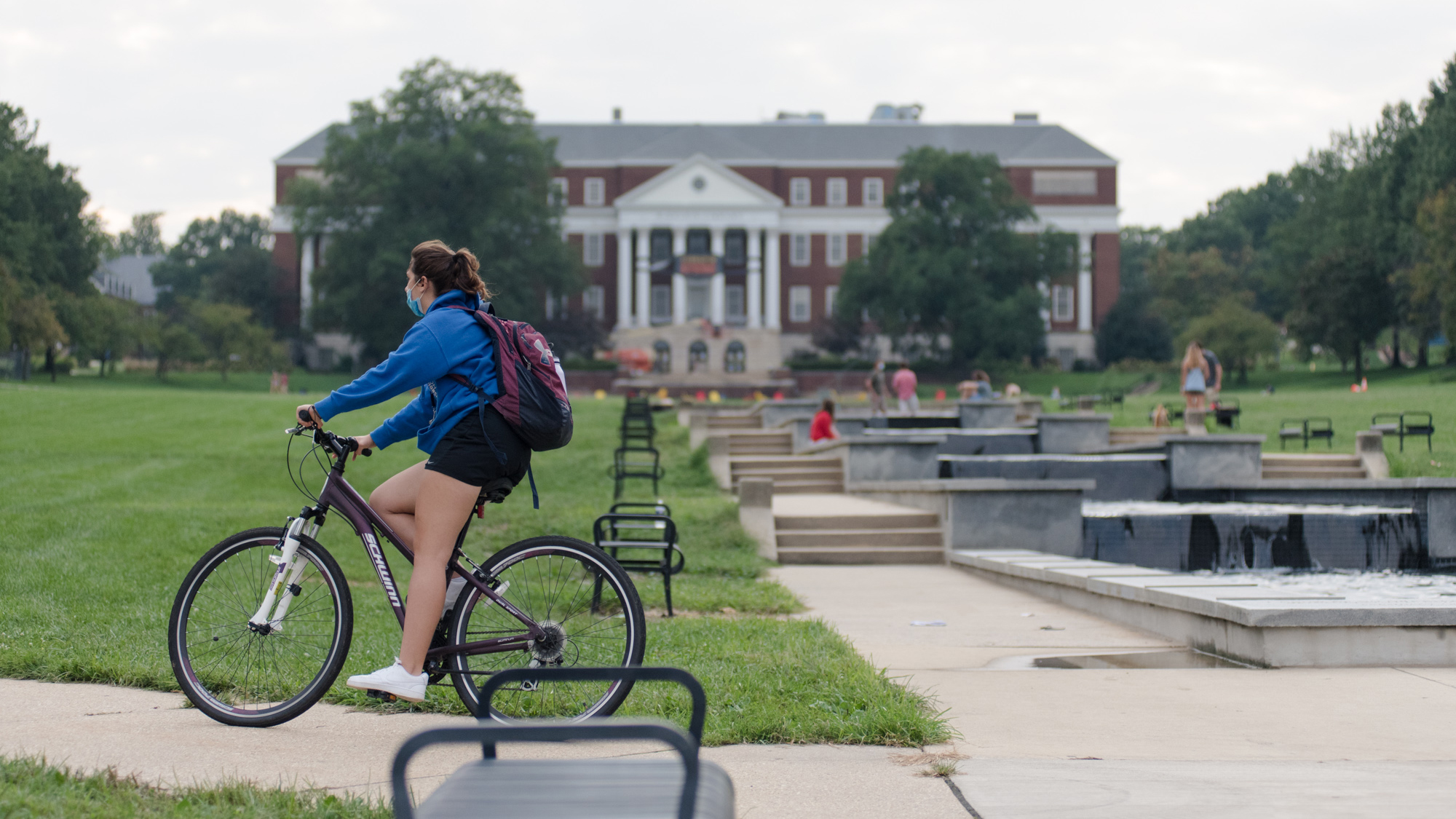Views expressed in opinion columns are the author’s own.
Remember when we thought the coronavirus pandemic and its woes would be over by fall and that this semester would be comfortingly normal, just like the mediocrity of Maryland football? What a fever dream that was. During the online fiasco of the spring semester, the only comfort was the flexibility that pass/fail grading provided. Yet now that virtual school is back in session, that more accommodating grading system is gone.
Instead of withholding the pass/fail system from students, there’s a simple solution: This university should just hold a vote over it. Let students make their voices heard through their ballots. It’s already an election season, and what more important electoral outcome could there be than letting students decide their own academic interests?
With the abrupt installment of online classes last semester, implementing pass/fail grading made sense. No one, neither students nor professors, really had a grip on virtual learning, and as a result, there was a sense that everyone needed a little academic wiggle room. By the time fall 2020 rolled around, online learning wasn’t going anywhere, but the grading method was nowhere to be found.
Let’s be honest: What’s really the difference between last semester and this one? Online classes were more of a certainty this semester than they were for the previous one … and that’s kind of it. Online learning, whether expected or not, doesn’t account for the stressors students face outside of academic expectations. Students still have to work, care for family members, participate in extracurriculars and, ideally, find time to take care of themselves. They have to do all this on top of their schoolwork and throughout a seemingly never-ending pandemic. No amount of preparation for online coursework will take away from that.
It’s understandable that this university wants to make this semester seem as normal as possible, and a return to normal grading practices is part of that process. However, the decision to reinstate regular grading methods is shortsighted and out of touch with what students really need. Letting students vote on the issue would easily solve that.
With the presidential election looming over practically every facet of life, it’s hard to avoid the conversation about voting. It’s an imperative civic duty that young people in the past have tended to ignore. As a result, students are especially targeted by get-out-the-vote campaigns because young people historically have low voter turnout. Like other colleges, this university is rightly pushing for students to vote and make their voices heard during this crucial election.
If this university wants to stop being detached from what its students actually need, it should let them vote on the issues that affect them directly. Well, scratch that. If this university actually cared about the holistic well-being of its students, it would continue the pass/fail grading method this semester regardless of how “prepared” online classes were. But since that’s not the case, the next best scenario for this school to show just a crumb of empathy to its students would be to put pass/fail up to a popular vote.
There’s already student support to reestablish the pass/fail grading method. A student-created petition is making the rounds and has over 4,000 signatures already. But whether pass/fail wins a referendum is beside the point. Students desperately need to have a direct voice on administrative decisions that directly affect them — and they need it now.
The administration probably thinks it knows what’s best for students, and in some cases, it’s right. As a huge, statewide institution, this university absolutely has to make certain managerial and operational decisions that would be made even more complicated by allowing students to vote on them. However, bringing back pass/fail grading isn’t one of these decisions.
When November ends, there’s no reason that civic engagement and democratic virtues have to end as well. Let students have a say in the decisions that impact them. Let students make their voices heard through the same democratic practices they’re being told to engage in.
Maya Rosenberg is a junior journalism and public policy major. She can be reached at maya.b.rosenberg@gmail.com.



